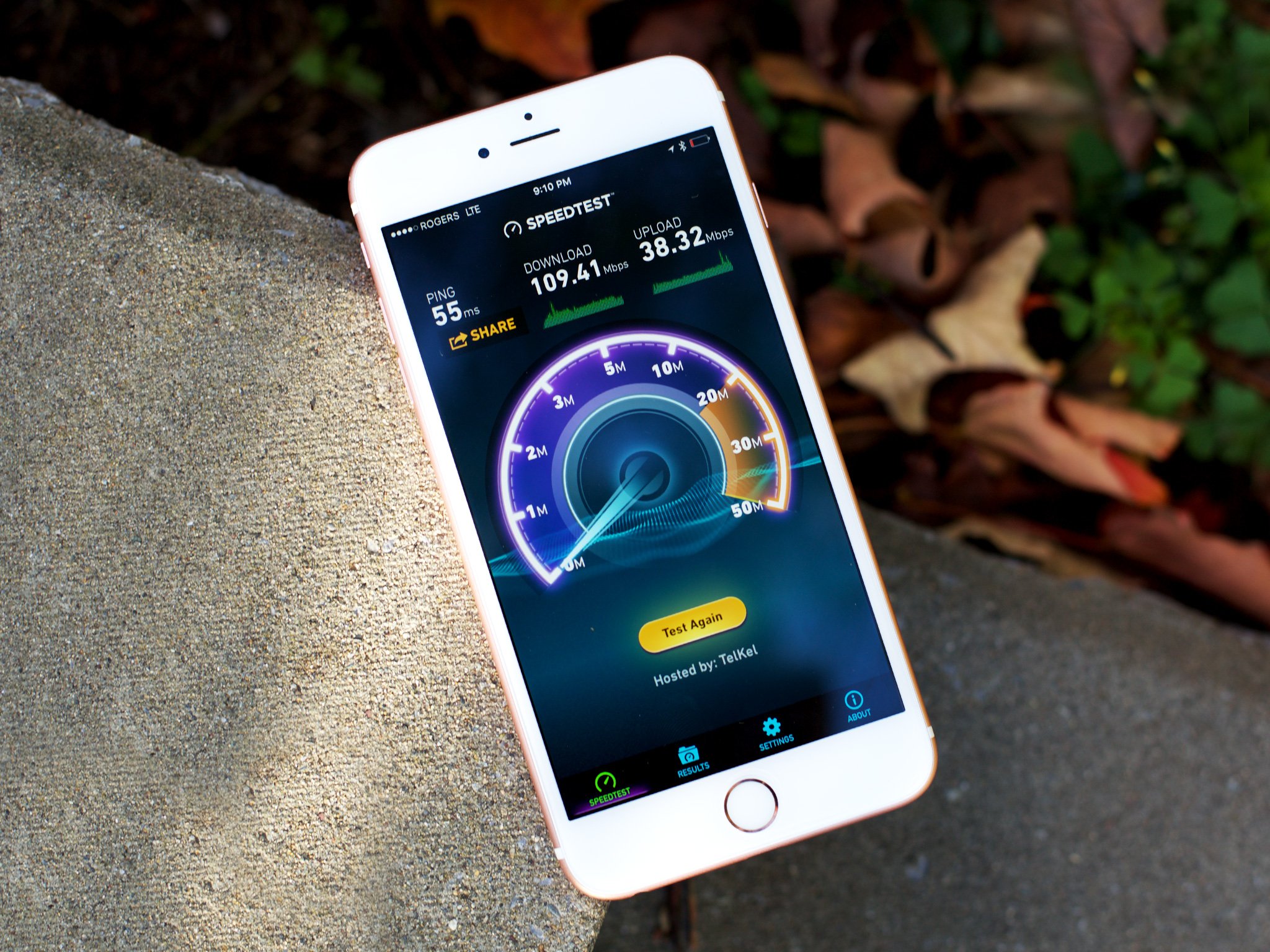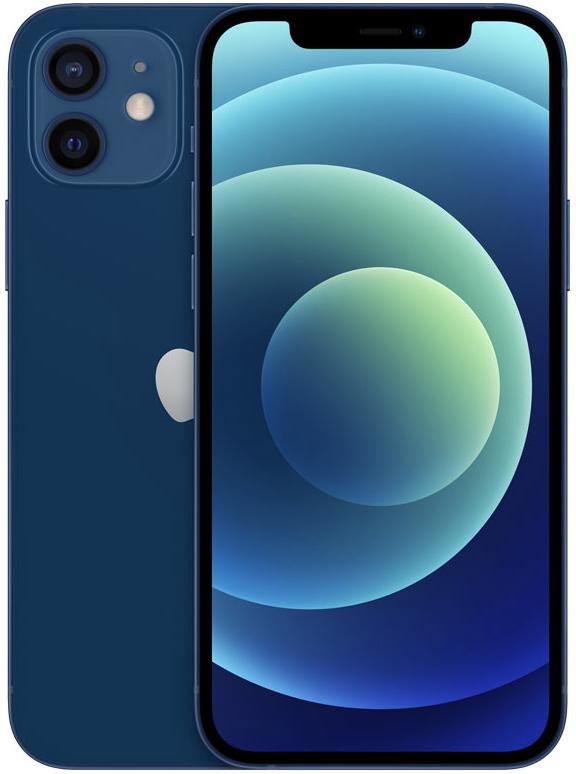Qualcomm should change its licensing before Apple and the industry change Qualcomm

iMore offers spot-on advice and guidance from our team of experts, with decades of Apple device experience to lean on. Learn more with iMore!
You are now subscribed
Your newsletter sign-up was successful
It's easy to understand why Qualcomm would try to gouge every nickel and dime it could from Apple and other wireless device manufacturers. Qualcomm owns the key technologies for CDMA and LTE networking. Despite the usual agreements that come with being included in a standard — that you will charge fair, reasonable, and non-discriminatory licensing fees — short-term abuse can be so lucrative for a company that it oftens fails to consider long-term sustainability and consequences.
Bruce Sewell, Apple's senior vice president and general counsel, speaking to Bloomberg:
"Here it is," Apple's Sewell says, sliding a fingernail-size square covered with electrodes across a conference room table: a Qualcomm modem. "That thing sells for about $18."He means the chip itself, before any royalties. Qualcomm's business model, which is either ingenious or diabolical depending on whom you talk to, is to allow any chip company to use its technology royalty-free. Phone manufacturers can choose to buy chips from Qualcomm or one of the other five companies that make modems using Qualcomm's technology. Either way, they still have to pay Qualcomm its 5 percent.
Qualcomm doesn't want to be paid for its chips. It wants a cut of the entire price of any device that uses its chip. It's not dissimilar to Apple or Samsung saying: If you use an iPhone or Galaxy S for your business, it won't cost you the price of the phone, it'll cost you a percentage of your business.
Not only is it ridiculous, it's untenable. Were other equally important components of a computing device licensed that way — the camera system, the display technology, the Wi-Fi, Bluetooth, and NFC radios, the location and positional sensors, and the list goes on and on — the amount could theoretically reach 80%, 100%, even 120%.
It makes the kind of sense that doesn't.
Because Qualcomm spends more on R&D than any of its peers, its modems are the most advanced. For years, Apple considered Qualcomm's to be the only modems good enough for the iPhone. That, Sewell says, is why Apple put up with Qualcomm's licensing scheme for years. If Apple refused to pay the royalty, Qualcomm could cut off its modem supply, forcing Apple to rely on inferior chips. That calculation changed in 2015, when Apple began working with Intel Corp. to develop a modem that was used in some versions of the iPhone 7. "What prompted us to bring the case now as opposed to five years ago is simple," Sewell says. "It's the availability of a second source."
Apple feels like it no longer needs to pay the exorbitant "Qualcomm tax". In part, that's because Intel — which bought original iPhone modem-maker, Infineon — can now also supply cellular modems for iPhone and perhaps for other products going forward.
What's more, with the W1 chipset introduced in AirPods and W2 in Watch series 3, Apple is beginning to flex its own wireless muscles. This year, with the A11 Bionic system-on-a-chip in iPhone X and iPhone 8, Apple went from custom central processors to fully custom graphics processors. It's not impossible to imagine the company could go from Wi-Fi and Bluetooth to cellular one day as well.
iMore offers spot-on advice and guidance from our team of experts, with decades of Apple device experience to lean on. Learn more with iMore!
Next year, carriers will begin testing so-called 5G, an even faster standard that's widely seen as necessary to the development of technologies such as augmented reality and driverless cars. Qualcomm has been working on parts of the standard for a decade, which Mollenkopf says is a reason the dispute with Apple is coming to a head now. "This is maybe a little bit wonky," he says, "but there's always a period of time where the industry is a little bit stable and there's a battle for margin." Once 5G hits the market, he argues, electronics companies will have new opportunities for growth and will be happy to pay Qualcomm's fees again.Apple's lawyers say that's self-serving nonsense, and they're preparing for a trial. "There's no way that this case settles, absent a complete reinvention of the licensing model that Qualcomm has adapted in the industry," Sewell says.
Qualcomm might be delusional but, if so, it's preventing them from seeing the larger threat.
You're irreplaceable. Right up until you're replaced. My read is that the industry, in general, hasn't been happy with Qualcomm's tactics for a long time. Now it's coming to a head. And Apple is one of the few companies with the resources and sense of right (" 'It's not that we can't pay,' Sewell says. 'It's that we shouldn't have to pay' ") to prosecute this for the long haul. Even as it reduces its dependency on Qualcomm down to nil.
If you had to pay Apple or Samsung $2,500 for your phone because you used it to earn $50,000 at your job, even though you also used other things to earn that money, you'd likely feel the same way.
That's why Qualcomm would do better counting its lucky stars it could gouge for as long as it did, and then quickly finding a more reasonable, less discriminatory, and far more sustainable way to work with Apple and other manufacturers going forward.
"What's the first thing you do when you land on a flight? You turn off the airplane mode," [Qualcomm's Matt Grobb] says with a grin. "By the way, we invented airplane mode. That patent's out in the lobby."
Nortel, another networking giant, once had thousands of communications patents as well. Those patents are still around. Nortel is not.

Rene Ritchie is one of the most respected Apple analysts in the business, reaching a combined audience of over 40 million readers a month. His YouTube channel, Vector, has over 90 thousand subscribers and 14 million views and his podcasts, including Debug, have been downloaded over 20 million times. He also regularly co-hosts MacBreak Weekly for the TWiT network and co-hosted CES Live! and Talk Mobile. Based in Montreal, Rene is a former director of product marketing, web developer, and graphic designer. He's authored several books and appeared on numerous television and radio segments to discuss Apple and the technology industry. When not working, he likes to cook, grapple, and spend time with his friends and family.

